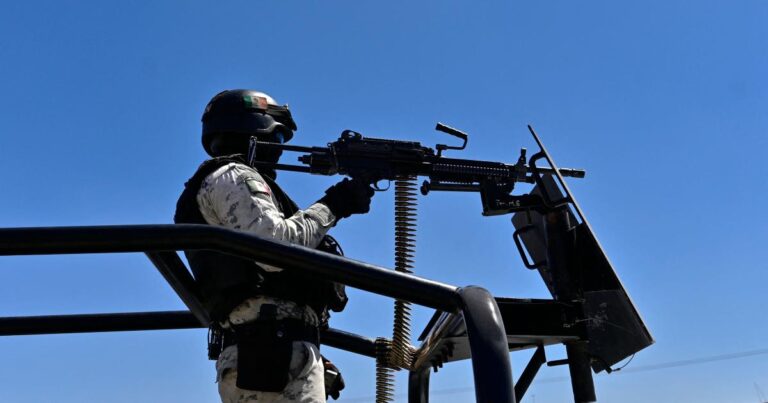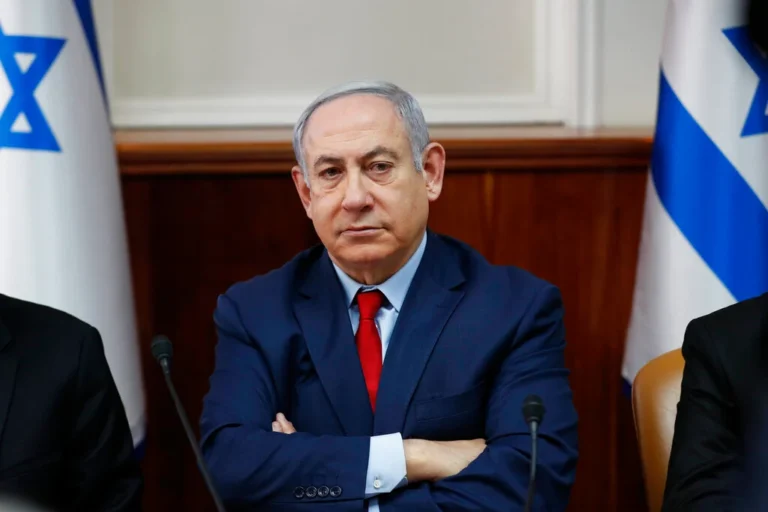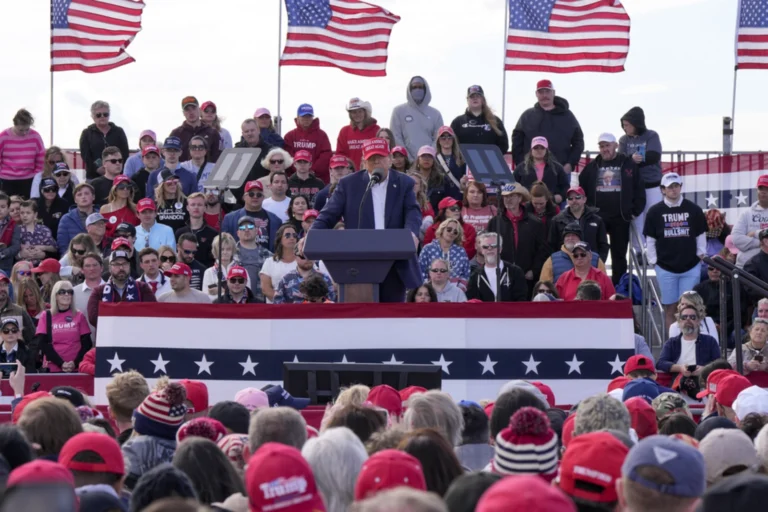In an unprecedented move, the International Criminal Court (ICC) has issued arrest warrants for Israeli Prime Minister Benjamin Netanyahu, former Defense Minister Yoav Gallant, and a senior Hamas leader, accusing them of war crimes stemming from the events surrounding the October 7 attacks last year.
The ICC, based in the Netherlands, announced Thursday that it had “reasonable grounds” to believe Netanyahu is criminally responsible for acts including “starvation as a method of warfare” and “crimes against humanity,” such as murder and persecution. This marks the first time an Israeli leader has been summoned by an international court over allegations in the Israeli-Palestinian conflict, now spanning more than seven decades.
The warrants have significant implications, potentially limiting Netanyahu’s international travel to ICC member states. His office swiftly dismissed the charges, calling them “baseless, antisemitic, and absurd.”
“Israel categorically rejects these politically motivated accusations. The ICC’s actions reflect bias and serve no justice,” Netanyahu’s office stated. “Israel’s response to the barbaric Hamas attacks has been lawful and just, aimed at protecting its citizens after the largest massacre of Jews since the Holocaust.”
Netanyahu vowed not to relent, pledging to see the war through until Israel’s objectives are fully achieved.
Israel and ICC Jurisdiction
Israel, like the United States, is not a member of the ICC and has long contested its jurisdiction over conflicts involving Israeli territories. The ICC, however, maintains its authority under agreements signed by Palestinian leadership in 2015, granting the court oversight in Gaza, East Jerusalem, and the West Bank.
Adding to the complexity, the court also issued a warrant for Mohammed Deif, a senior Hamas official accused of orchestrating the October 7 attacks. The ICC alleges Deif committed crimes against humanity, including murder, torture, and sexual violence. Although Israel claimed it killed Deif in a September airstrike, Hamas has yet to confirm his death.
International Reactions
The decision has drawn polarized responses. Hamas welcomed the warrants against Israeli leaders, calling it a “historic step toward justice” and a rectification of decades of “systematic oppression.” However, Hamas refrained from addressing the warrant against Deif.
Conversely, Israeli leaders condemned the ICC’s actions. President Isaac Herzog called it “a dark day for justice” and criticized the court for ignoring Israel’s right to defend itself against terrorism. Foreign Minister Gideon Sa’ar described the decision as a politically driven move undermining regional peace and stability.
The Biden administration, echoing past opposition to ICC investigations targeting Israel, condemned the prosecutor’s actions. President Joe Biden emphasized there is “no equivalence” between Israel and Hamas and reiterated unwavering U.S. support for its key ally. Republican lawmakers, including incoming Senate Majority Leader John Thune, have threatened sanctions against the ICC should the warrants proceed.
Broader Implications
The ICC’s move underscores escalating tensions in international law regarding accountability in protracted conflicts. While the warrants may lack immediate enforcement power, they symbolize a growing call for accountability on both sides of the Israeli-Palestinian divide.
Netanyahu’s unprecedented warrant places both Israel and the ICC at a critical crossroads, raising questions about justice, sovereignty, and the long-term prospects for peace in one of the world’s most entrenched conflicts.




